Nem csökken a menekültek száma a balkáni útvonalon

Nem csillapodik a menekülthullám a balkáni útvonalon. A Törökországból Görögországba, majd onnan Macedónián és Szerbián át Magyarországra tartók egyre többen vannak. A hétvégén a görög parti őrség 1417 menekültet mentett ki az Égei-tenger keleti részén fekvő szigetek partjainál. A migránsok Leszbosz, Kosz, Híosz, Szamosz és Agathoniszi szigeteket veszik célba, mikor elindulnak Törökországból. Az ENSZ szerint idén már 124 ezer menekült érkezett ezekre a szigetekre, a görög hatóságok 156 ezer főt mondanak. A kis szigetek a menekültáradattal nem tudnak megbirkózni. Alekszisz Ciprasz miniszterelnök szerint az ország infrastruktúrája képtelen kezelni a háború sújtotta Szíriából és Afganisztánból érkezők ezreinek problémáját. Ciprasz Brüsszeltől kért segítséget a helyzet kezeléséhez.
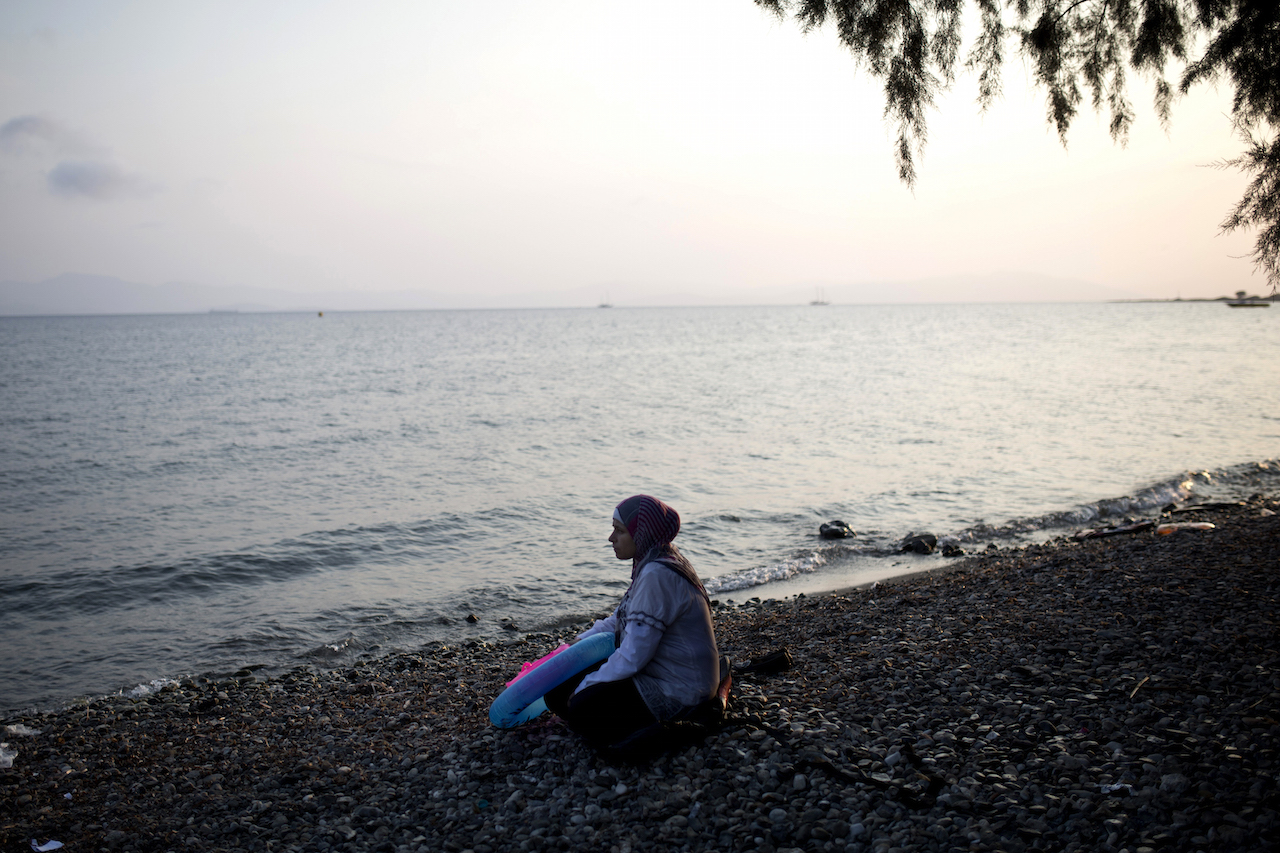
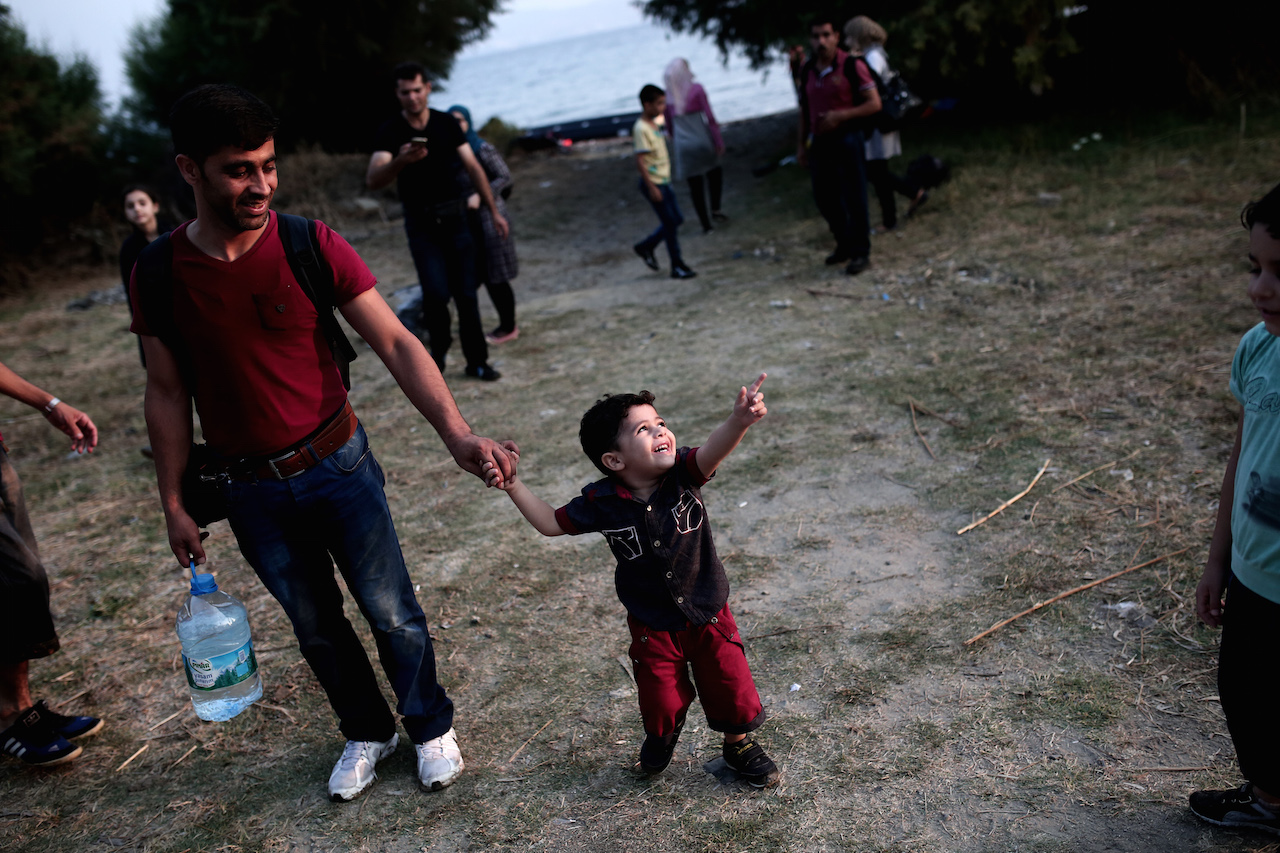
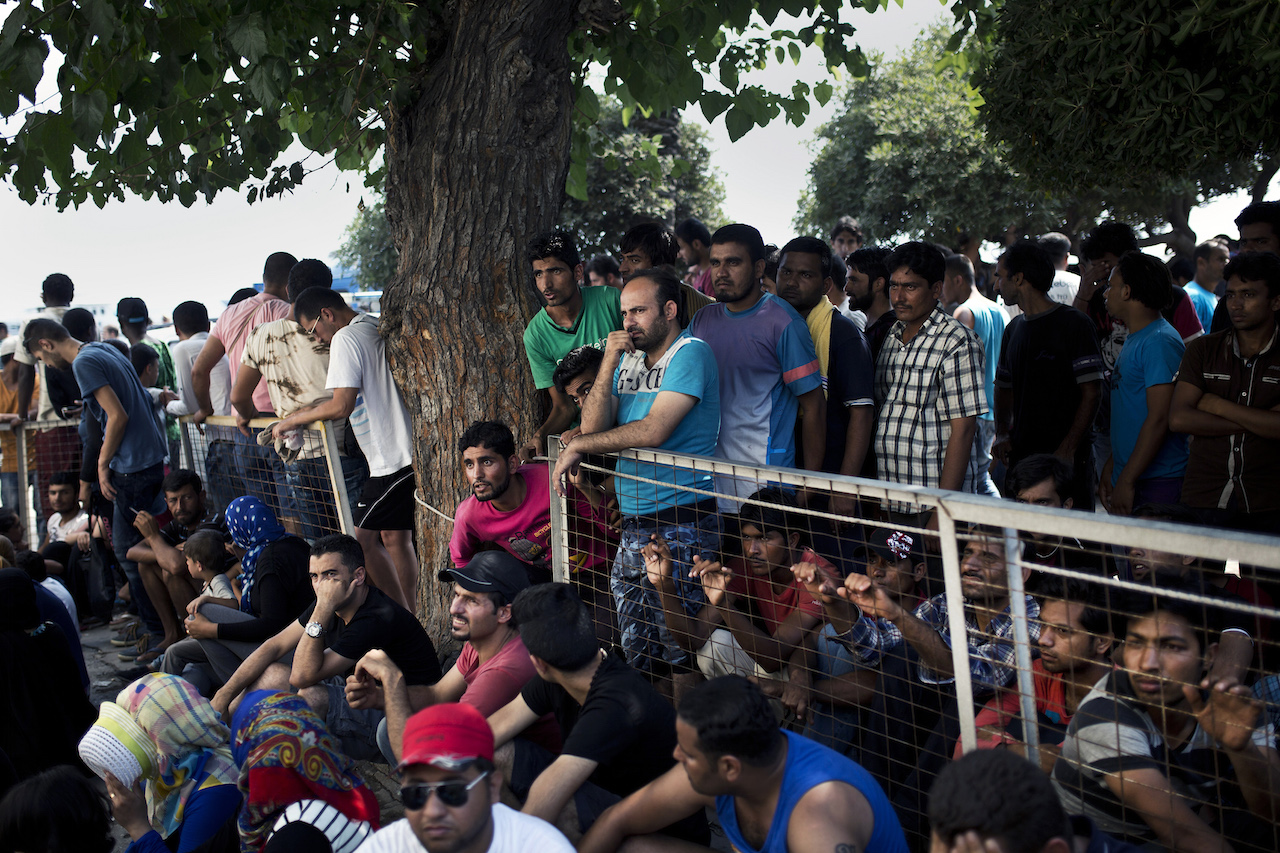
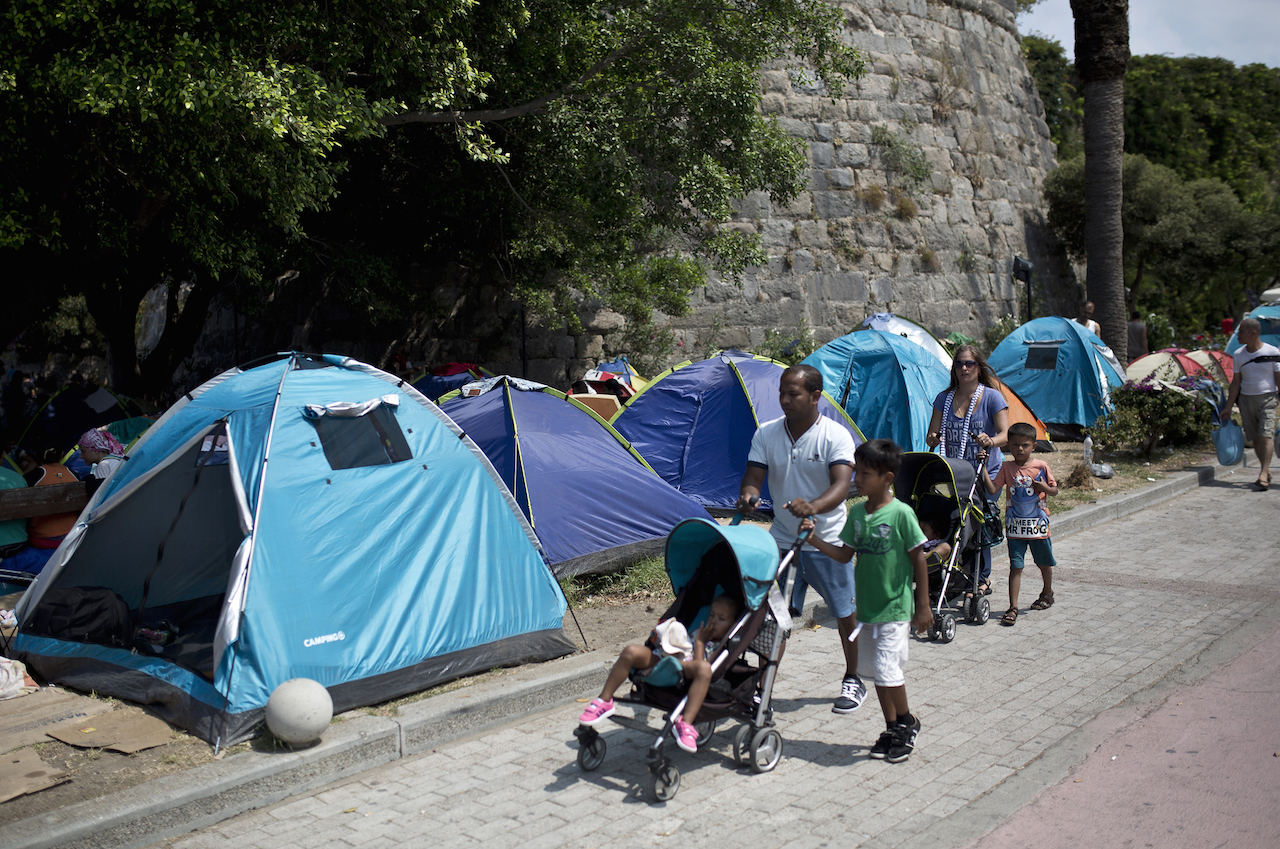
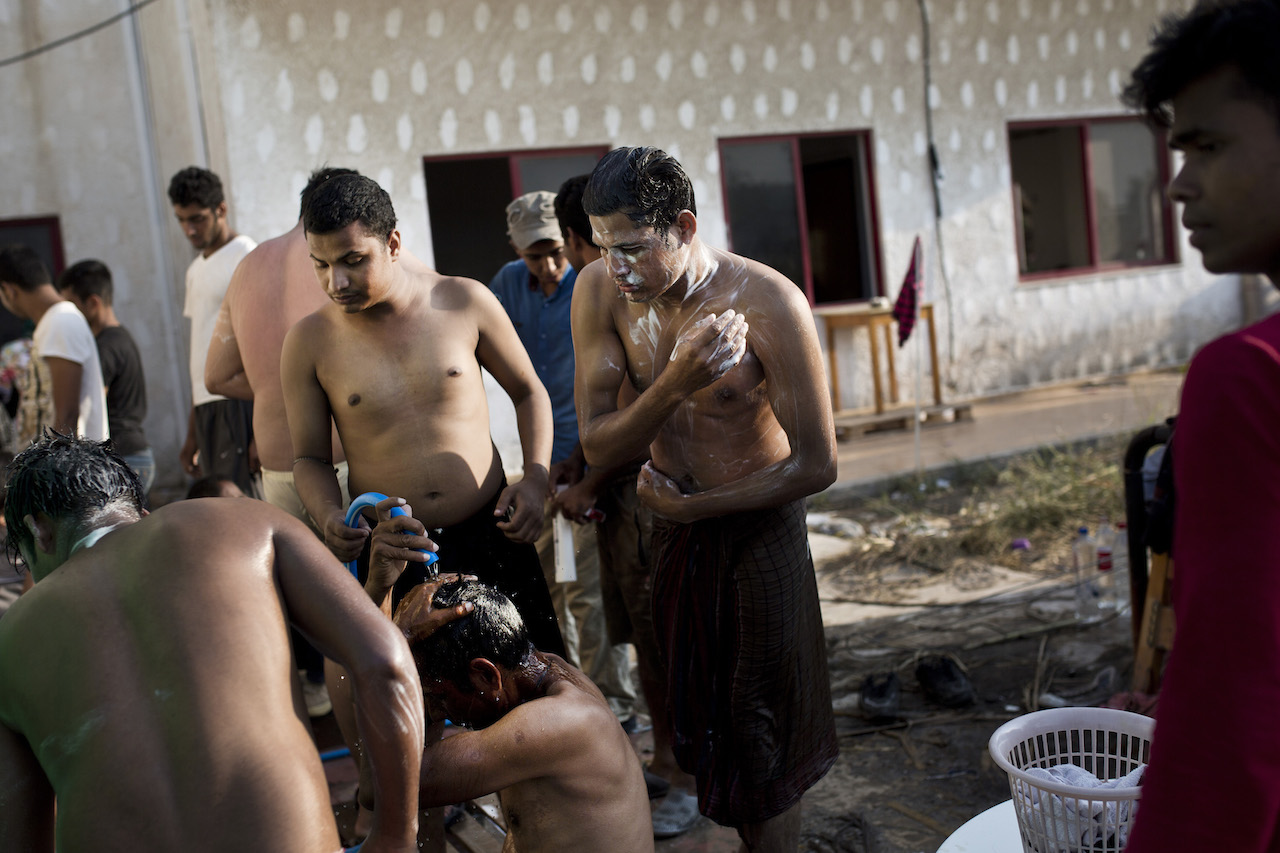
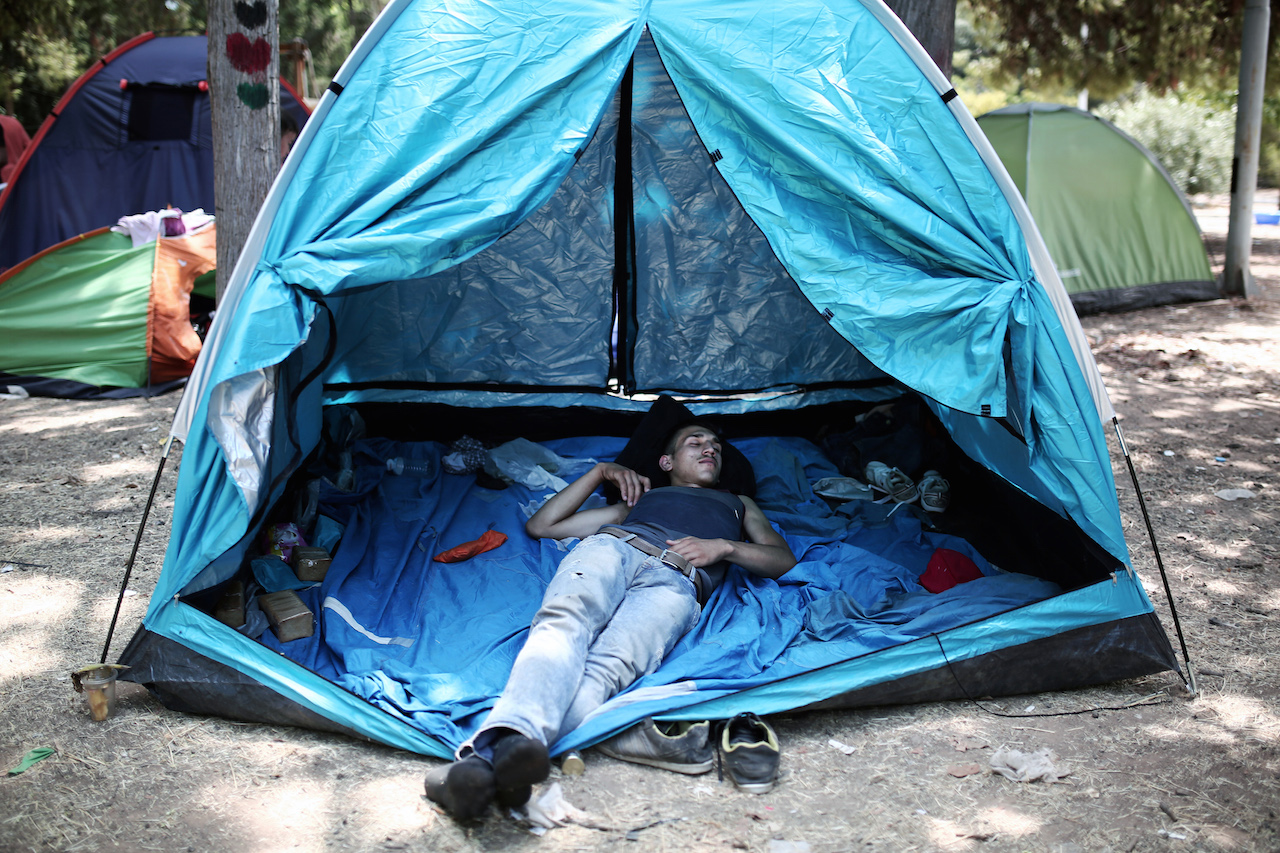
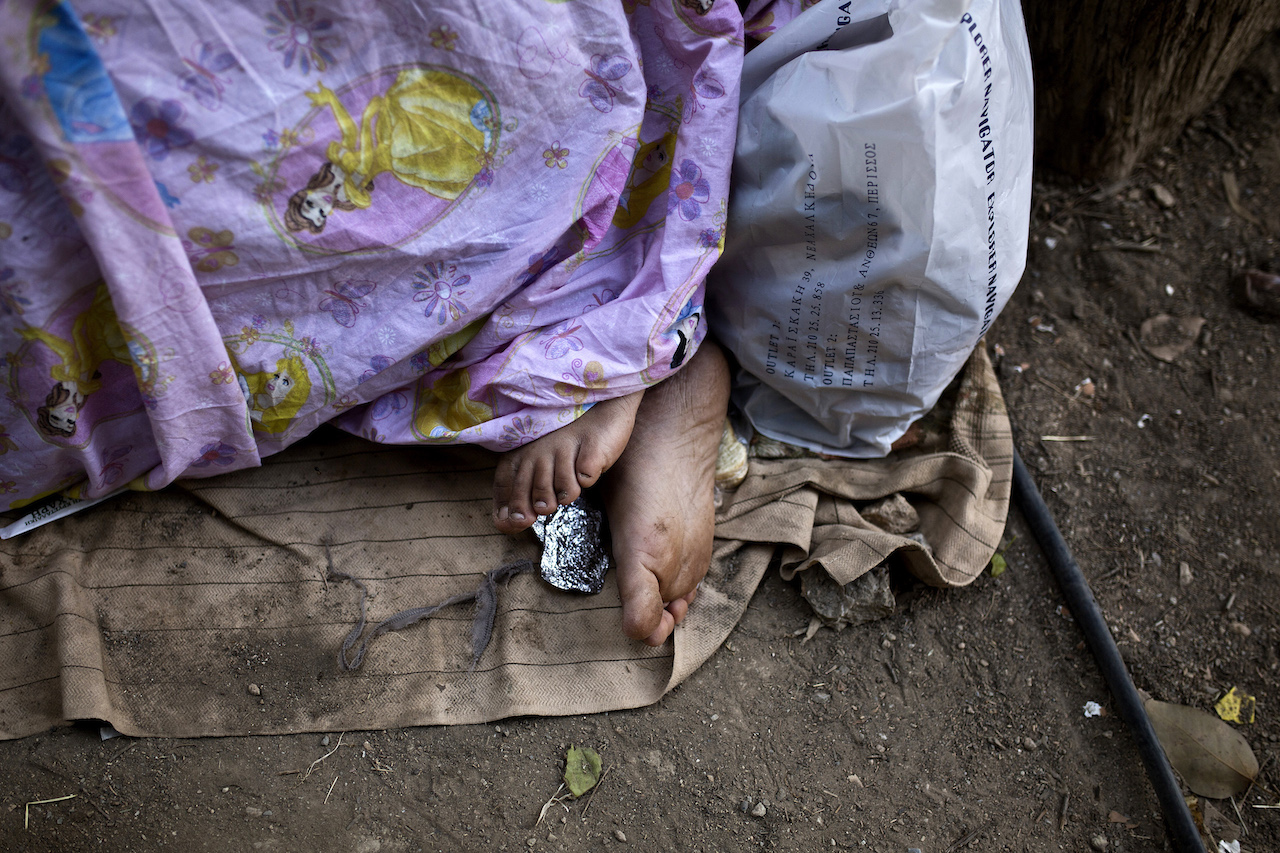
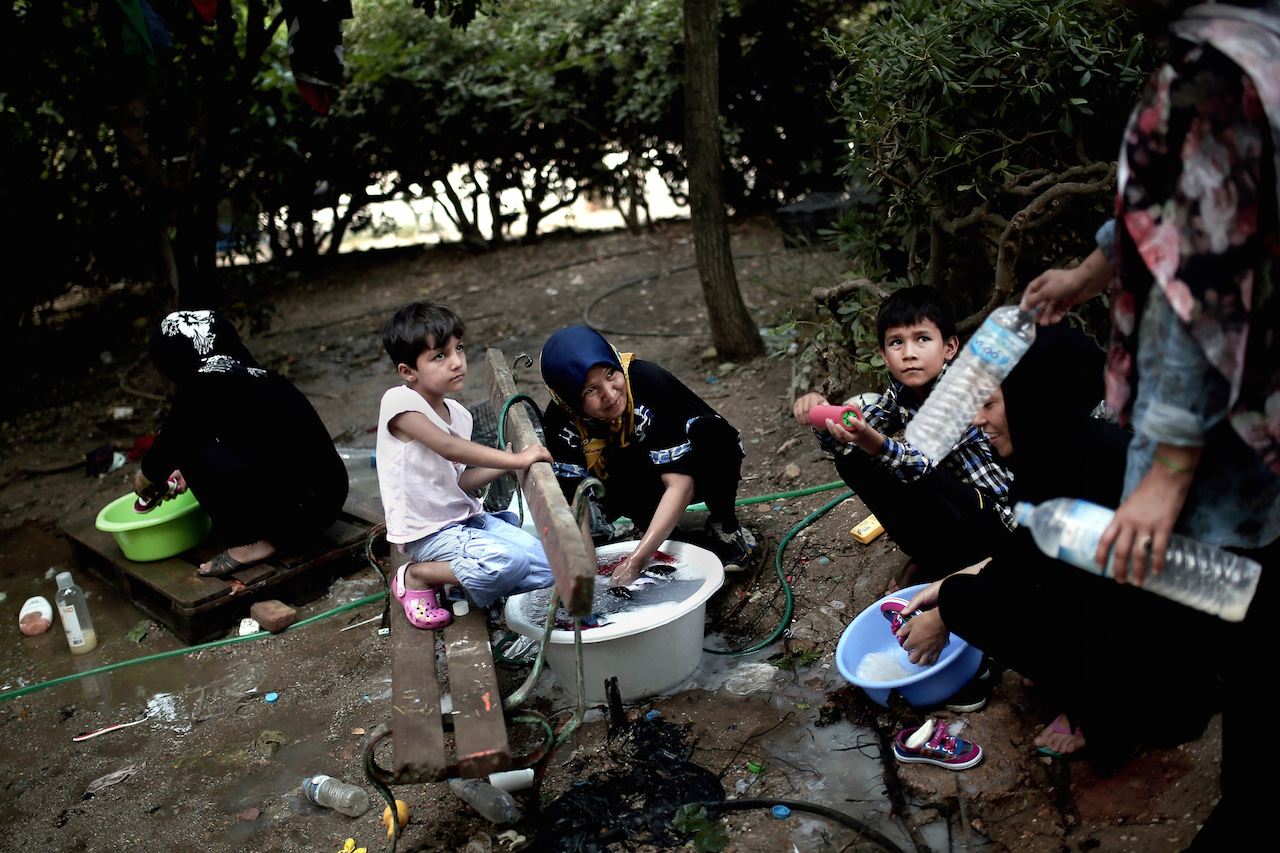
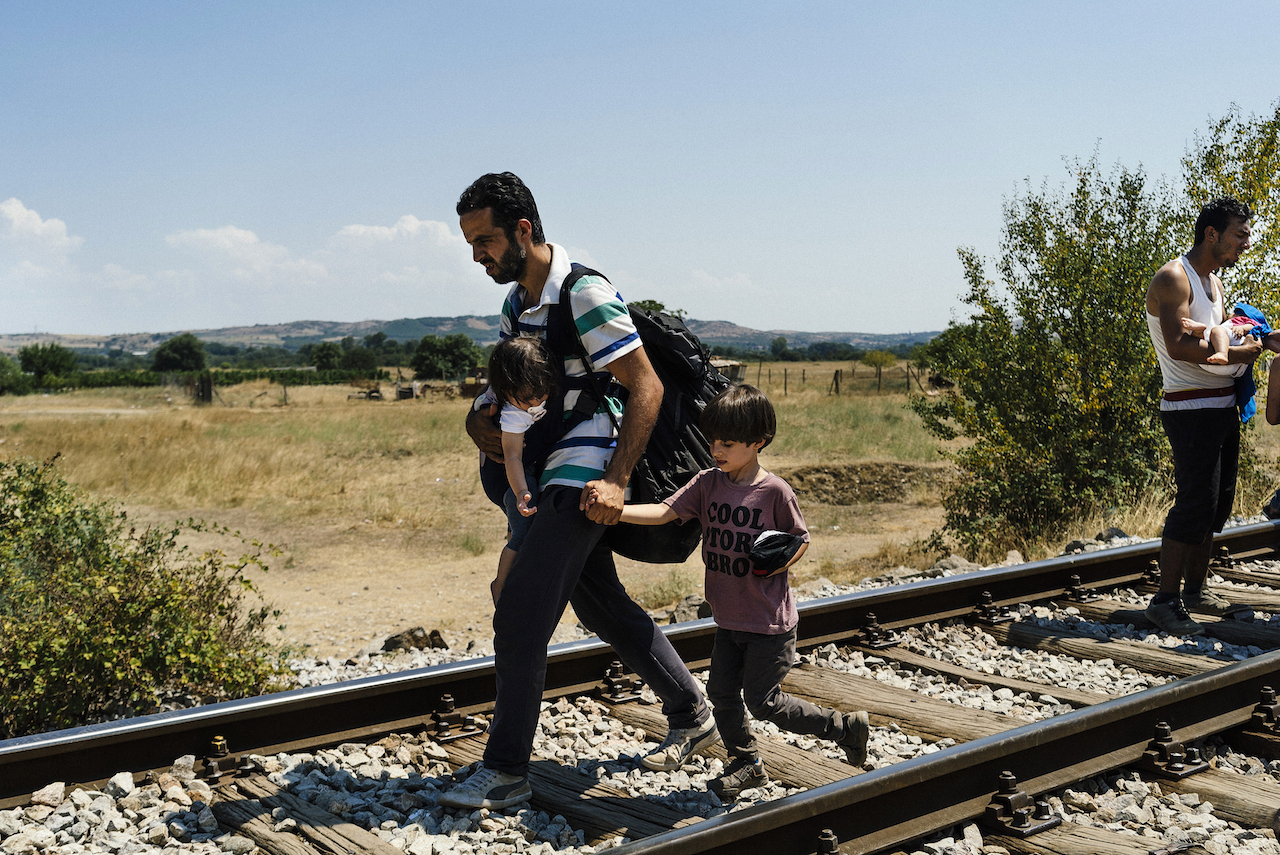
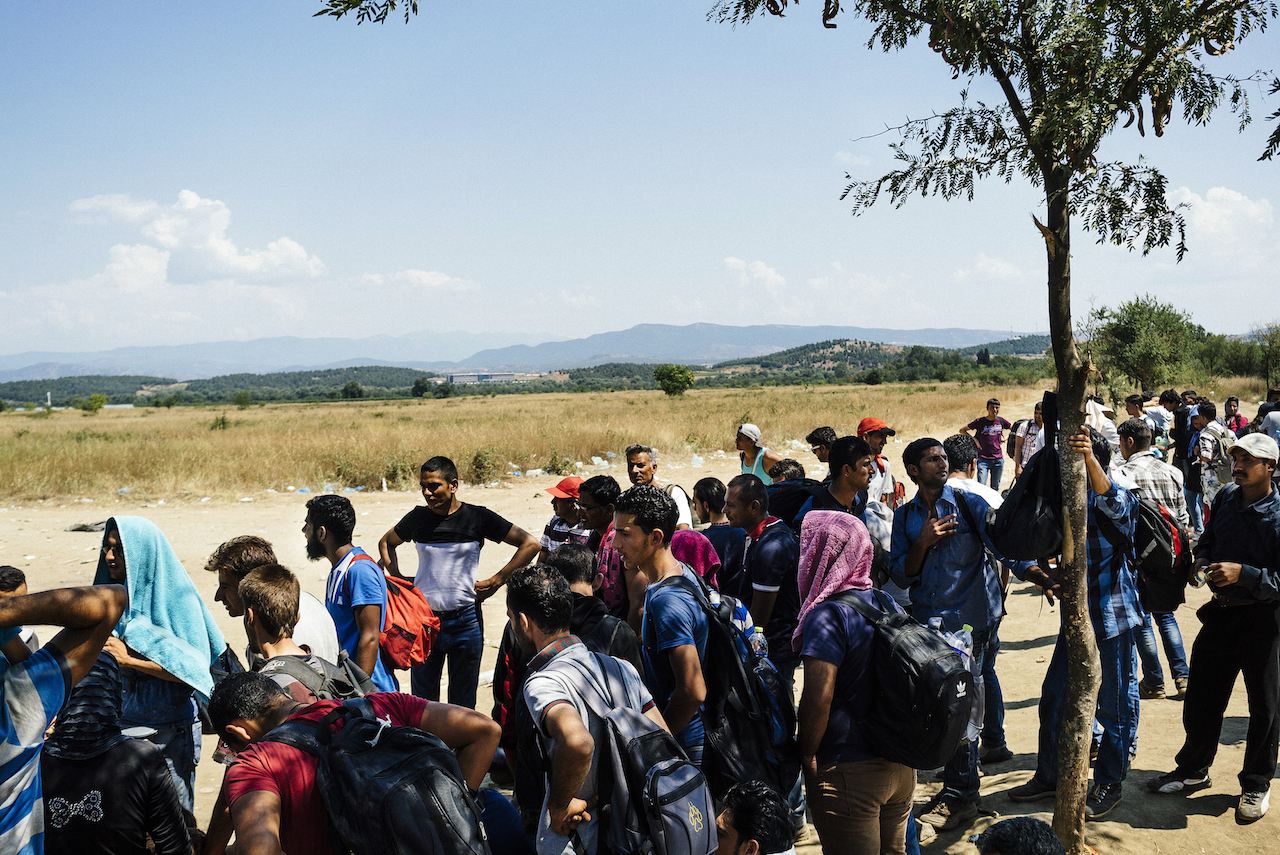
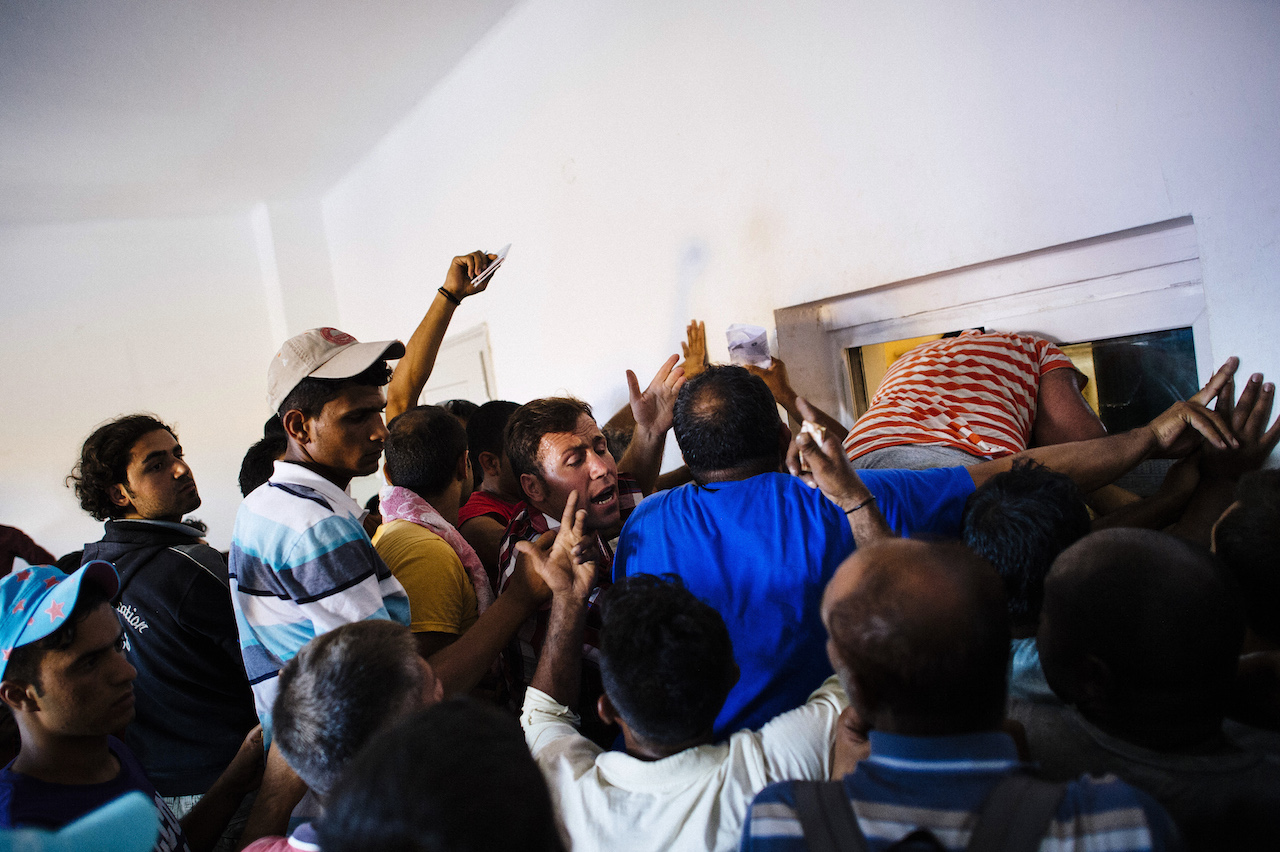
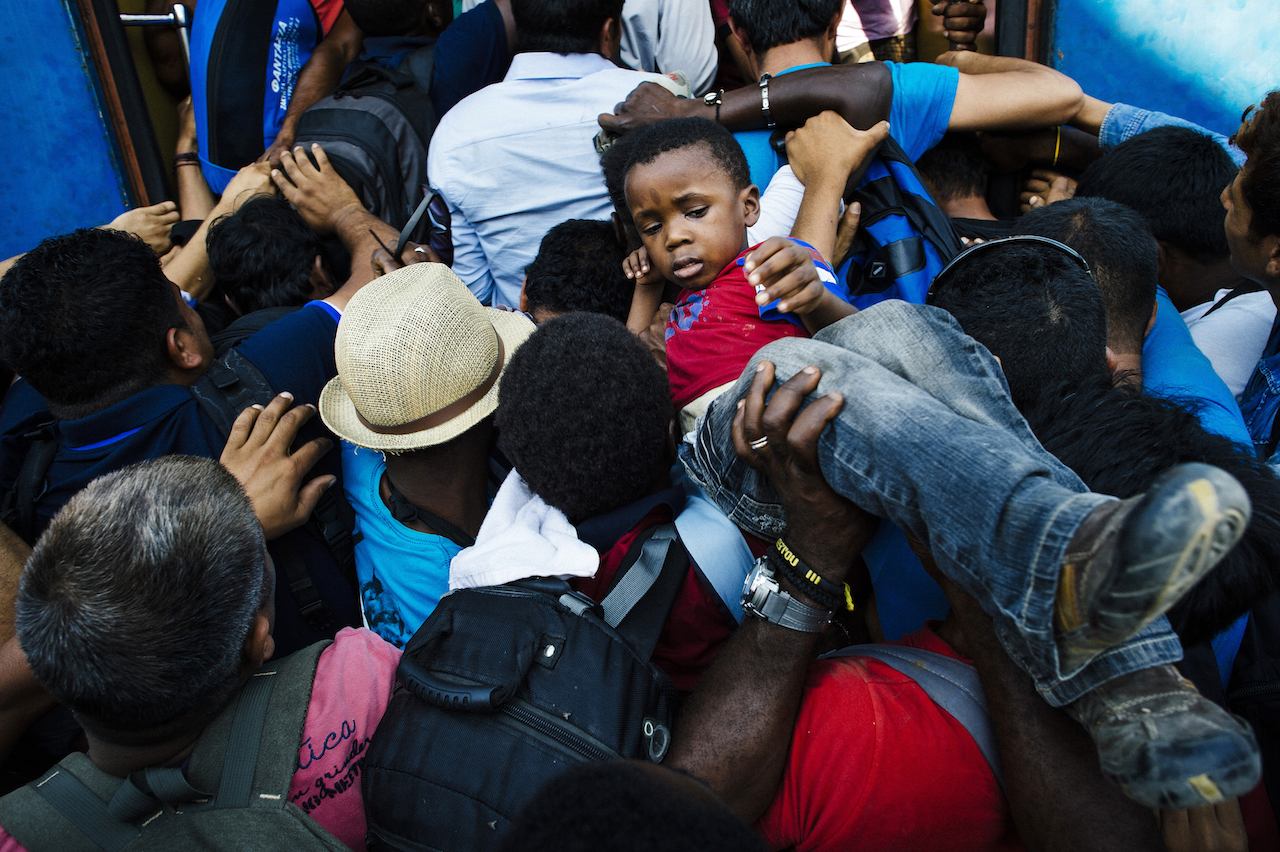
Kommentek
Közösségünk messze túlnyomó többségének jószándéka és minden moderációs igyekezetünk ellenére cikkeink alatt időről-időre a kollégáinkat durván sértő, bántó megjegyzések jelentek meg.
Hosszas mérlegelés és a lehetőségeink alapos vizsgálata után úgy döntöttünk, hogy a jövőben a közösségépítés más útjait támogatjuk, és a cikkek alatti kommentelés lehetőségét megszüntetjük. Közösség és Belső kör csomaggal rendelkező előfizetőinket továbbra is várjuk zárt Facebook csoportunkba, a Közértbe, ahol hozzászólhatnak a cikkeinkhez, és kérdezhetnek a szerzőinktől is.